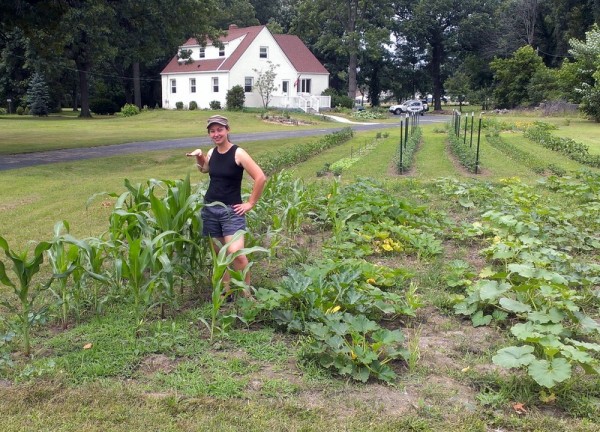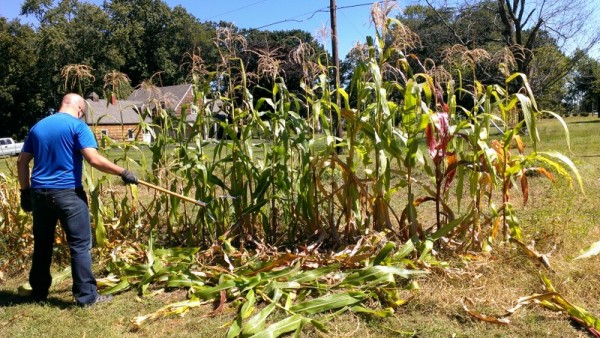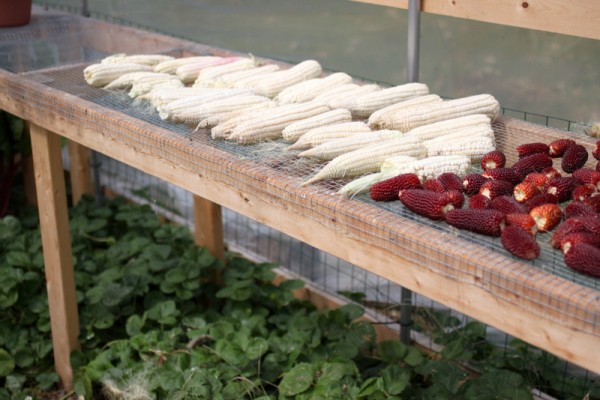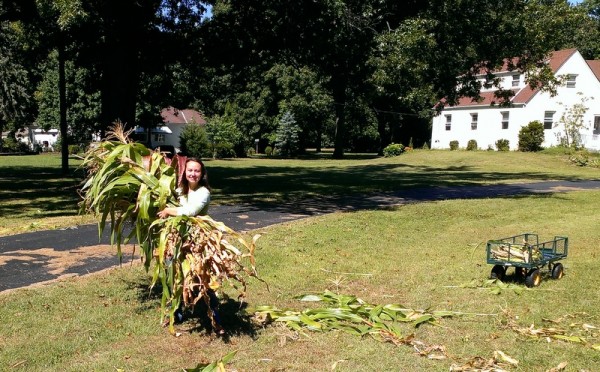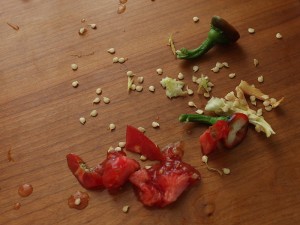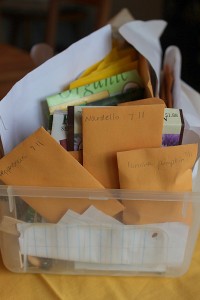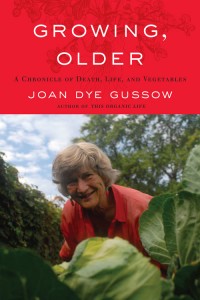 On Monday I had the pleasure of interviewing Joan Dye Gussow, keynote speaker for this weekend's Ohio Ecological Food and Farm Association annual conference. A matriarch of the local food and organic movements, our discussion largely related to her most recent book, Growing, Older: A Chronicle of Death, Life, and Vegetables.
Rachel Tayse Baillieul: What does your garden look like now?
On Monday I had the pleasure of interviewing Joan Dye Gussow, keynote speaker for this weekend's Ohio Ecological Food and Farm Association annual conference. A matriarch of the local food and organic movements, our discussion largely related to her most recent book, Growing, Older: A Chronicle of Death, Life, and Vegetables.
Rachel Tayse Baillieul: What does your garden look like now?
Joan Dye Gussow: I’m home and it’s under snow. It’s been under snow, pretty steadily, it feels like forever, but only about two months.
RTB: Have you seen the river with excess snow melt? Are you concerned about flooding? (Garden floods were a major character in the book Growing, Older.)
JDW: No, not now. Not since I changed. I rebuilt my garden up two feet when it was destroyed last year. I haven’t had any flooding since then. I’m higher than the land around me now so it will make a huge difference. I don’t expect to get flooded anymore.
RTB: What are your personal favorite things to grow?
JDW: People ask me that question and it depends on how things are doing at the moment. Right at the moment, I have a love affair with sweet potatoes because they are so productive and so reliable. They don’t seem to be subject to insects and diseases, at least that now how to get here. And because last year when I grew then I put them in a bed totally devoid of topsoil. It was literally this silt that baked into rocks when you aren’t looking.
I got 26 pounds of sweet potatoes and also the sweet potatoes managed to totally transform the soil. I’d never seen anything like it.
I’ve now been investigating to find out what it was. It turns out the root hairs recruit and collect organisms around them. They’re in a genus that secretes glue substances that hold the little soil particles together.
So here’s this crop that’s utterly reliable, beautiful when it’s growing, you can eat the leaves if you want, and it improves the soil!
RTB: About Growing Older, why did you decide to write this book at this time?
JDW: My husband of forty years died in 1997 and I always thought I had a very happy marriage. And two weeks after he died, I found myself skipping down the street. I was stunned that I didn’t miss him. That was totally unacceptable to people around me. It was very difficult to face and confront. When I began able to say things to people who were close to me, they said I had to write about it. No one says it, and I’m sure other people feel it, but nobody says it.
It took me a long time to sort it out. When I finally realized what it was, in a profound sense, I only had four chapters. I put the rest of it together from other things I had been writing.
One of the things my editor helped me realize that I wasn’t lonely when living alone was because I had so many relationships in the garden. She was definitely right. I had this on-going thing with the livestock that would invade my space and the bees and the butterflies, all of whom I sort of dealt with on a personal level.
The last section is called Growing Older, without a comma, because it’s about getting older. I felt that I really wanted to write about it. I am very healthy which I realize is a gift but I also believe that I am so healthy because I am happy as a person and I also am very active. I worked really really hard last year building the garden.
RTB: In the winter, I, and presumable you, are not doing as much of that outside work. How do you exercise when there is snow on the ground for what feels like forever?
JDW: That’s when I begin to say “I’m going to take up yoga or something else”. I have scolioses and didn’t want to go to an ordinary studio, but I did bring in someone for a few private lessons at home.
The truth is I do lose strength in my arms. I do have a two story house, and because I do forget things, you run up and you run down. I don’t think anything of running up and down stairs. It’s only my upper body that gets a little un-exercised in the winter.
The other secret of survival and age is to fight gravity because gravity really is the enemy. I discovered that last summer when I was working so hard and it was sometimes so hot. I would get up and work for four hours and eat breakfast and then lie flat for an hour. No pillows and I wasn’t sleeping, but like a yoga pose with hands turned up. Then I’d go out for another four hours, then come in and eat, and lie flat on my back again. It was amazing and made a huge difference to keep going.
RTB: You talk in the book about the despair that you and your students feel about environmental destruction and yet there’s some hopefulness too. How does that manifest itself in the face of news?
JDW: For me, at my age, I accepted the reality a long time ago. I write in the book about experiencing the moment that I believed what I was teaching and that was very shattering. I went through it, it was very difficult. And once you do it, there’s almost nothing more.
You can get down that the government releases genetically engineered alfalfa or Obama isn’t turning out to be what you hoped. It’s so careless with the planet that it astonishes me.
This all circles back to my sweet potatoes. I just learned from this farmer in the county that this collection of organisms that improve the soil was discovered in the nineties. You say ‘ oh my’, they’ve been doing this work down there all along, and we only discovered it twenty years ago? We’ve been pouring pesticides and herbicides on the soil and contaminating these things without any idea what we were doing to them? How dare we act as if they don’t matter?!
All you can do, in my view, is your best. What you have to do is live, try to live, as if the way you life makes a difference. Try to promote the ideas that you think, if they were followed, would make it possible for us to survive on earth. That’s the best you can do.
Phone interview condensed and edited.
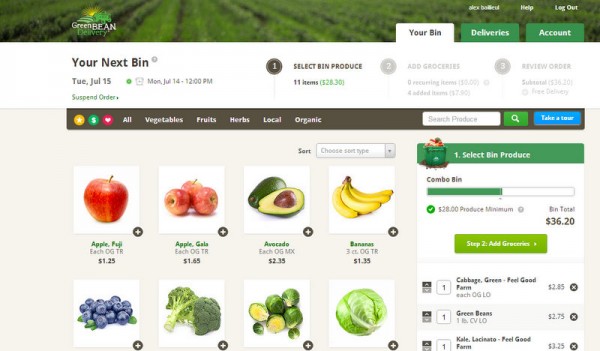
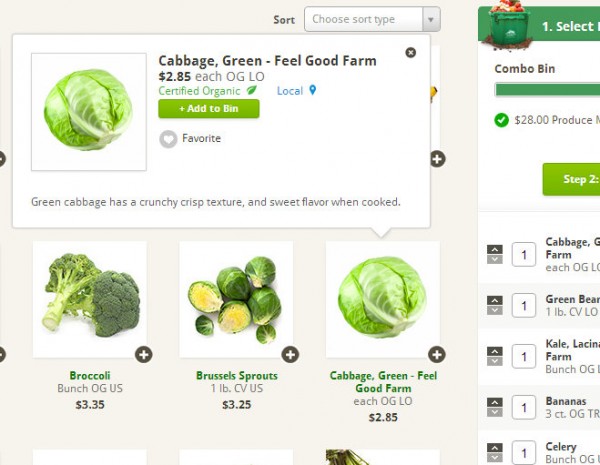
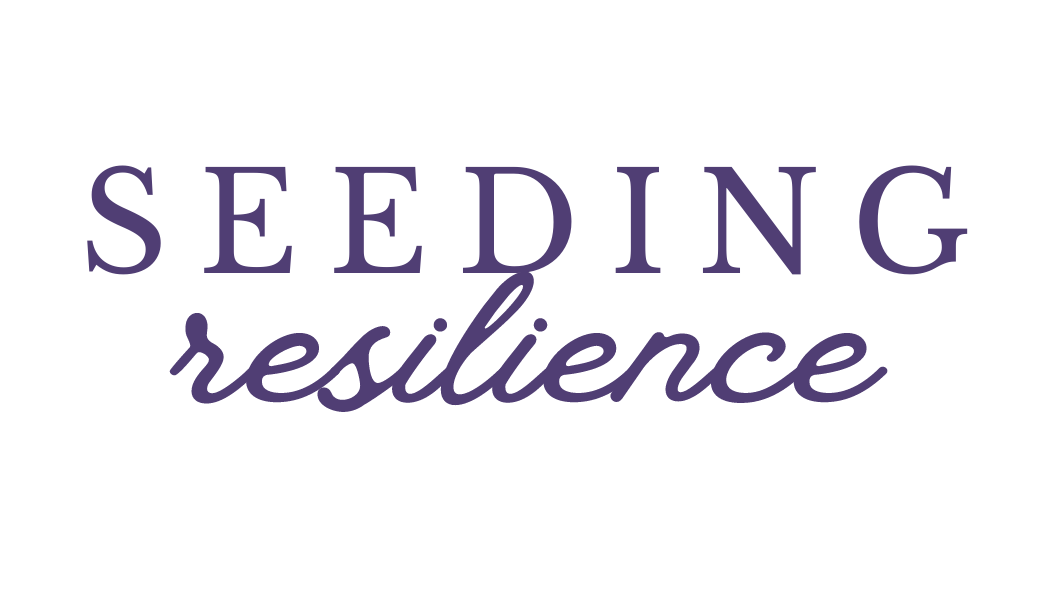


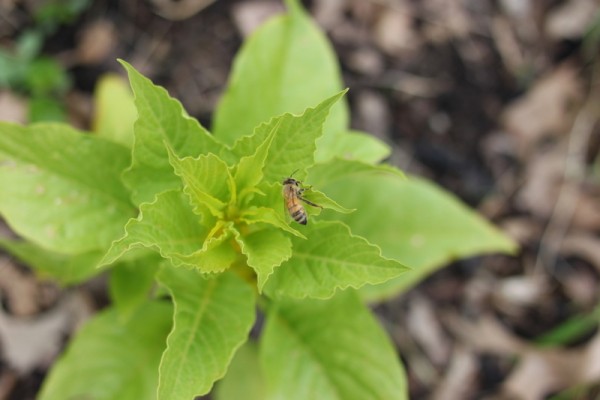
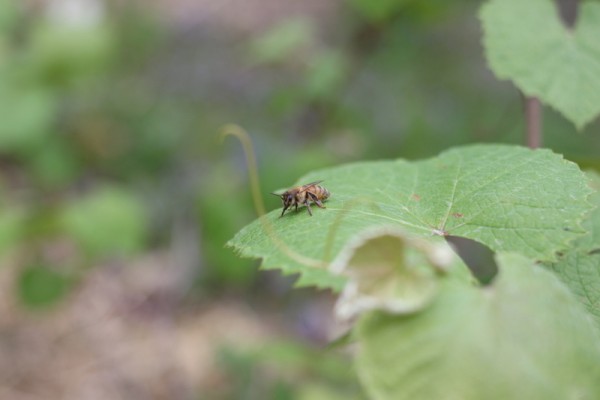
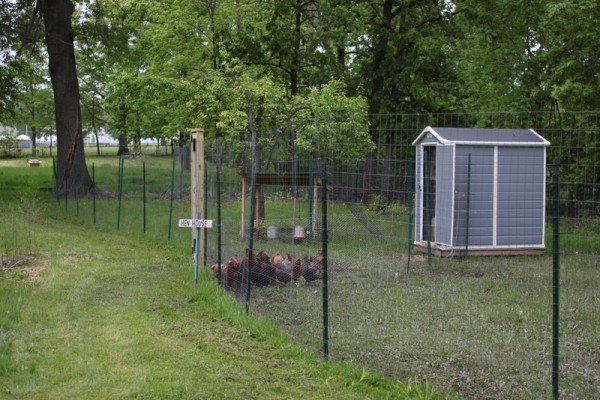

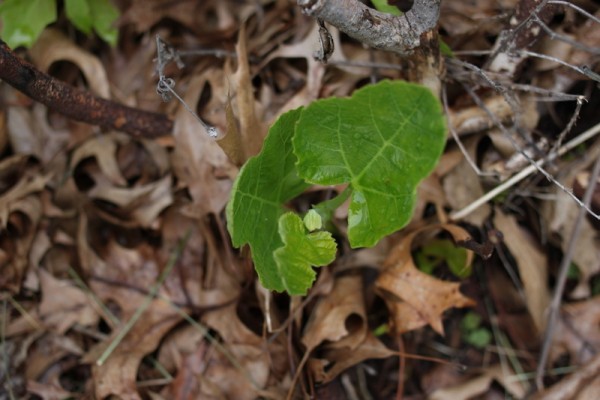
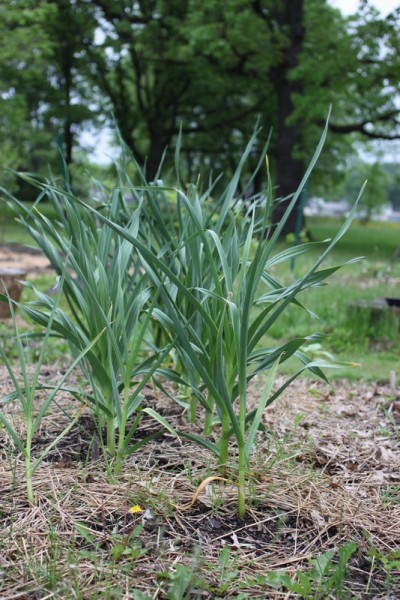
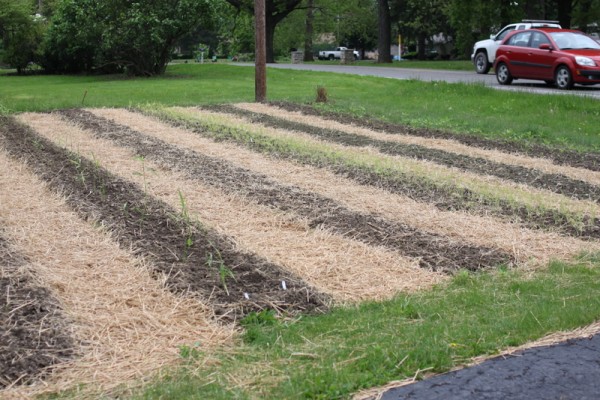
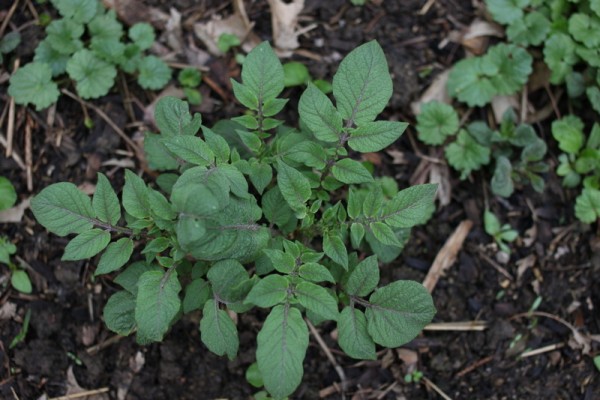
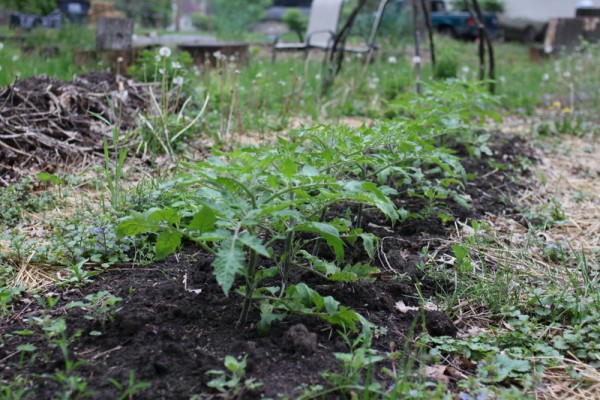
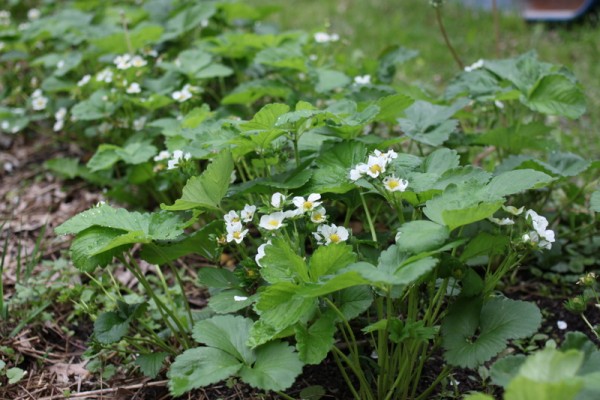



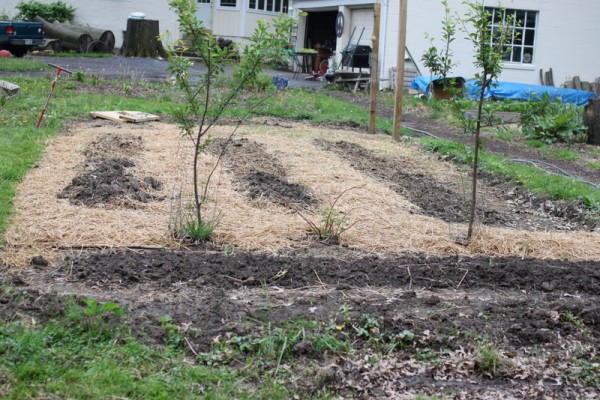







 from the library.
Diffley writes her memoir of growing into a farmer and becoming an accidental activist with the gifts of a fine story teller. Throughout her dramatic tale of finding and losing a farm and then fighting to save another, she shares personal moments of grief, joy, and insatiable desire to grow food organically. She portrays farming realistically, describing the challenges of physical labor and difficult weather while constantly reminding the reader of the same appreciation for nature I feel when working in the garden. "Every time I am in the field or the garden, there is one plant or insect, one leaf or flower, one line or shape that jumps from the rest and catches my senses with the profound beauty of its lovely self," she writes.
from the library.
Diffley writes her memoir of growing into a farmer and becoming an accidental activist with the gifts of a fine story teller. Throughout her dramatic tale of finding and losing a farm and then fighting to save another, she shares personal moments of grief, joy, and insatiable desire to grow food organically. She portrays farming realistically, describing the challenges of physical labor and difficult weather while constantly reminding the reader of the same appreciation for nature I feel when working in the garden. "Every time I am in the field or the garden, there is one plant or insect, one leaf or flower, one line or shape that jumps from the rest and catches my senses with the profound beauty of its lovely self," she writes.